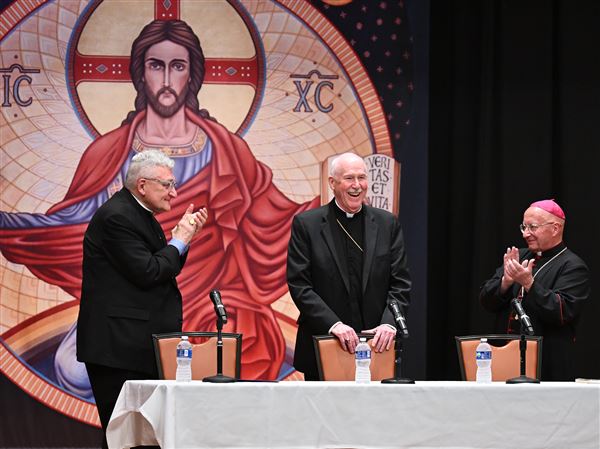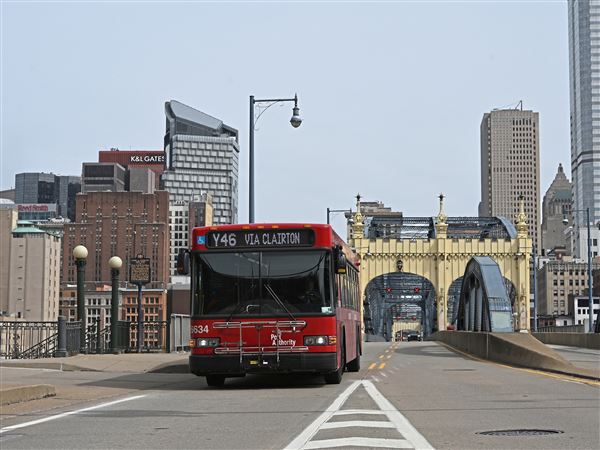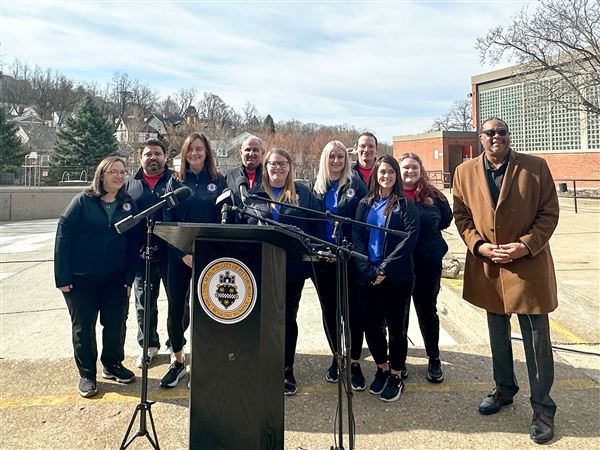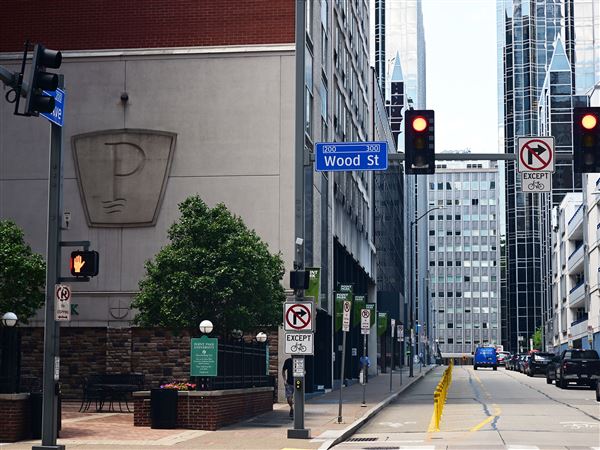BANGKOK -- Efforts to form a new government in Thailand are being snarled by a docket of legal challenges and what critics say are the slow workings of the country's Election Commission.
The messy aftermath of the July 3 election, which was won by a party backed by the ousted prime minister and billionaire in exile Thaksin Shinawatra, has raised the possibility that the outcome might be reversed, angering supporters of Thailand's many political factions and ushering in a return to street politics.
"There are potential feet on the street just waiting to be unleashed," said Kevin Hewison, a longtime observer of Thai politics and a professor at the University of North Carolina at Chapel Hill. "Thailand's elite needs to make the historic compromise that is necessary for the country to be set on its path to democracy."
The loser in the election, the governing Democrat Party, which is allied with Thailand's elite and its powerful military, is asking the courts to disband the winning party, Pheu Thai. The Democrat Party says that Mr. Thaksin and others who have been suspended from political activity by the courts were unlawfully involved in the election campaign.
A separate lawsuit filed by the leader of an anti-Thaksin protest movement seeks to void the election on the grounds that two million Thais were not able to vote. The Supreme Court announced Wednesday that it would rule on that case on July 20.
The Election Commission on Tuesday dismissed one of the more bizarre complaints lodged in the aftermath of the election, in which Yingluck Shinawatra, the head of Pheu Thai and Mr. Thaksin's sister, was accused of wrongdoing when she helped a street vendor prepare noodles for her customers. Ms. Yingluck was accused of violating a ban on candidates seeking to influence voters with banquets or catered food.
The Thai news media have treated Ms. Yingluck as the presumptive prime minister, but the Election Commission has yet to certify her victory.
The commission has validated the elections of just 72 percent of candidates, well short of the 95 percent needed for Parliament to convene. By law, Parliament must meet within a month of the July 3 election.
In an editorial on Wednesday, the newspaper Thai Rath said that the Election Commission "needs to clarify to the public why it is working so slowly."
"The role of the Election Commission in the recent election reeked like a bad odor," the paper said. There were many "suspicions" about why the process was so "jammed up," it said.
The Election Commission has nearly three weeks to certify the election, a time frame that Gothom Arya, a former election commissioner, said was feasible.
"I am an optimist," Mr. Gothom said. "The rule of the game is that within 30 days, you have to announce the result. I think they will do it."
But in a sign of continued divisions over class and power in Thailand, pleas to respect the outcome have been met by derisive comments online about uneducated country bumpkins steering the country toward ruin.
Critics of Pheu Thai have derided its rural support base as "buffaloes" in an outpouring of commentary that a columnist for The Bangkok Post, Kong Rithdee, described as a "Facebook rampage."
The election results indicated stark distinctions in geography, income and educational levels in the rival parties' supporters, and a hardening of the trend toward so-called red and blue provinces. The blue areas, concentrated in Bangkok and southern Thailand, supported the departing government of Prime Minister Abhisit Vejjajiva (blue is the party color).
The reds, named for the supporters of Mr. Thaksin's Pheu Thai party, who fly red flags and wear red shirts to their demonstrations, are poorer, less educated and concentrated in northern and northeastern areas of the country.
Slightly more than half of the voters whose monthly income was less than 5,000 baht, or about $165, voted for Pheu Thai, according to an election survey, while less than a third voted for the Democrat Party.
Of voters with only an elementary school education, more than half voted for Pheu Thai, compared with less than a third who voted for the Democrats, according to the poll by the Suan Dusit agency.
First Published: July 14, 2011, 4:00 a.m.















